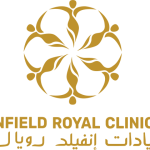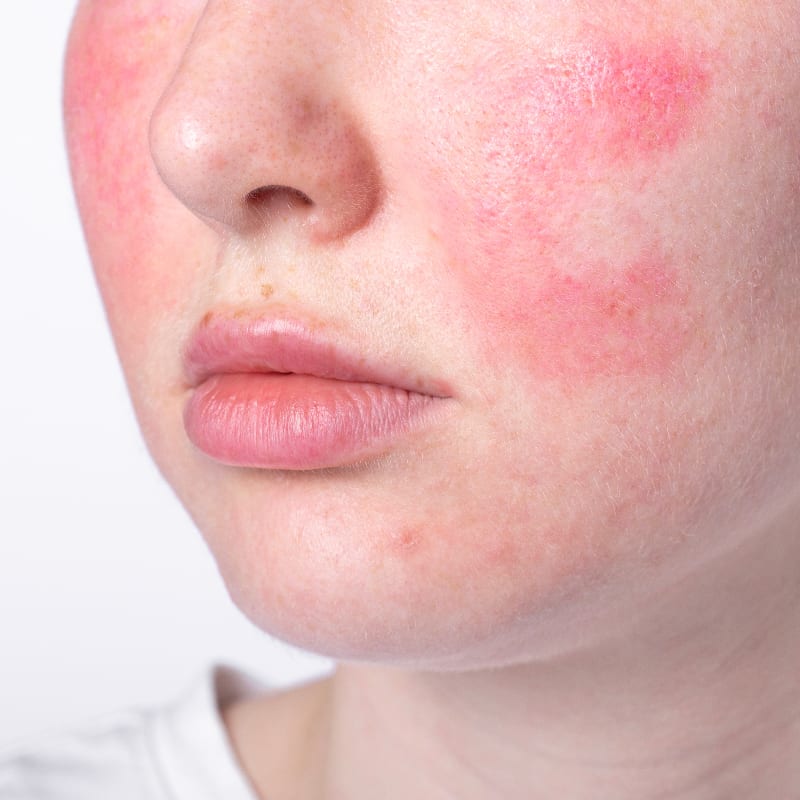I. Introduction
Rosacea is a skin disorder characterized by facial redness, visible blood vessels, and sometimes, pimple-like bumps. Beyond its physical manifestations, rosacea can profoundly affect an individual's mental health, leading to emotional distress, anxiety, and diminished quality of life.
II. Understanding Rosacea
Symptoms and Types of Rosacea
Rosacea manifests through various symptoms, including persistent redness, bumps, swelling, and eye irritation. Subtypes such as erythematotelangiectatic rosacea (ETR), papulopustular rosacea (PPR), phymatous rosacea, and ocular rosacea present unique challenges for patients.
Triggers for Rosacea Flare-Ups
Factors like sun exposure, spicy foods, alcohol, stress, and certain skincare products can trigger rosacea flare-ups, exacerbating both the physical symptoms and the associated mental distress.
Impact of Rosacea on Physical Appearance and Self-Esteem
The visible nature of rosacea can lead to self-consciousness, social anxiety, and a negative body image, affecting confidence levels and interpersonal relationships.
III. The Link between Rosacea and Mental Health
Psychological Effects of Rosacea
Rosacea patients often experience feelings of embarrassment, frustration, and low self-esteem due to their appearance, leading to psychological distress and even depression in severe cases.
Research on Rosacea and Mental Health
Studies highlight the psychological toll of rosacea, emphasizing the need for holistic approaches that address both the physical and emotional aspects of the condition.
IV. Coping Mechanisms for Rosacea Patients
Lifestyle Changes and Skincare Practices
Managing rosacea involves adopting a gentle skincare routine, avoiding triggers, protecting the skin from UV rays, and incorporating anti-inflammatory products to soothe irritation.
Stress Management Techniques
Stress can exacerbate rosacea symptoms, so stress-reduction techniques like mindfulness, meditation, yoga, and deep breathing exercises are beneficial for overall well-being.
Support Groups and Counseling
Joining support groups or seeking professional counseling can provide emotional support, practical advice, and a sense of community for individuals navigating the challenges of rosacea.
V. Support and Resources for Rosacea Patients
Professional Medical Advice and Treatment Options
Consulting dermatologists or healthcare providers specializing in rosacea ensures accurate diagnosis and personalized treatment plans, which may include topical medications, oral antibiotics, laser therapy, or other interventions.
Online Communities and Forums
Online platforms offer valuable resources, shared experiences, and tips from fellow rosacea sufferers, fostering a sense of solidarity and empowerment.
Advocacy Groups for Rosacea Awareness
Engaging with advocacy organizations promotes awareness, encourages research advancements, and advocates for better access to care and support services for individuals with rosacea.
VI. Conclusion
In conclusion, the impact of Rosacea Treatment In Riyadh on mental health is profound and multifaceted, affecting individuals' emotional well-being and overall quality of life. By implementing coping mechanisms, seeking support, and raising awareness, we can empower rosacea patients to manage their condition effectively and improve their mental health.






Comments